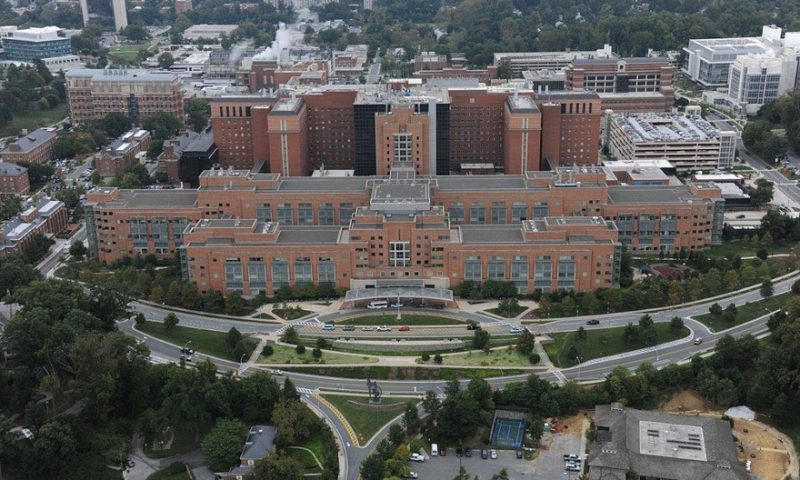When the first placebo-controlled data for Gilead’s remdesivir came out, analysts agreed it was no “silver bullet” for COVID-19. But it didn’t have to be, said Gilead CEO Daniel O’Day, who saw it as a steppingstone to other treatments and one that could even be combined to work better. Now, the National Institutes of Health (NIH) will test that theory as it kicks off a global study pairing the antiviral drug with plasma-based treatments.
The phase 3 trial will pit the combination against remdesivir plus placebo in 500 adult patients who have been hospitalized with COVID-19. It will take place in 18 countries across the globe and will assess patients’ health status after seven days of treatment. The patients will have had symptoms for 12 days or fewer and will not be suffering from life-threatening organ dysfunction or organ failure. If all goes to plan, investigators will follow patients for 28 days.
Several companies will provide the plasma-based treatments: Emergent BioSolutions and Grifols will each supply a treatment, while a group led by Takeda and CSL-Behring dubbed the CoVIg-19 Plasma Alliance will provide the other treatment, called CoVIg-19.
Known as hyperimmune globulins, the treatments are made by purifying antibodies from plasma donated by people who have recovered from COVID-19. Because it is purified and concentrated, the plasma carries much higher levels of neutralizing antibodies than patients who have survived infection do. The investigators figure that giving patients the treatment when symptoms first appear, but before the body has had a chance to make its own antibodies, could boost patients’ immune response to SARS-CoV-2, the virus that causes COVID-19.
“Finding safe and effective treatments for COVID-19 is absolutely critical,” Anthony Fauci, M.D., director of the NIH’s National Institute of Allergy and Infectious Diseases, said in a statement. “The ITAC trial will examine whether adding anti-coronavirus hIVIG to a remdesivir regimen can give the immune system a needed boost to suppress SARS-CoV-2 early in the course of illness, nipping the infection in the bud.”
Before forming the alliance, Takeda started working on its own hyperimmune globulin against the coronavirus, but it quickly realized that joining forces with other plasma players would be the fastest way to a treatment. The group includes companies from Australia, the U.K., Switzerland, Germany and France.
“The rapid progress we’ve made since we initiated this program just a few months ago to reach this key milestone of enrolling patients in the trial is a powerful testament to the collaboration, determination and innovation taking place across the biomedical community as we work to fight the COVID-19 pandemic,” Julie Kim, president of Takeda’s plasma-derived therapies unit and co-leader of the CoVIg-19 Alliance, said in a statement.
“This study will help us understand how CoVIg-19 could potentially become an important therapeutic option,” Kim added. “To support our efforts, we encourage all those people who have recovered from COVID-19 to donate their plasma, which contains vital antibodies that have fought off the disease and could help others do the same.”
The CoVIg-19 Alliance hopes to see the study read out by the end of the year, Bill Mezzanotte, M.D., the group’s other co-leader and CSL Behring’s chief medical officer and R&D chief, said in the statement

